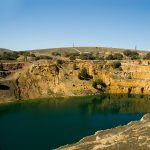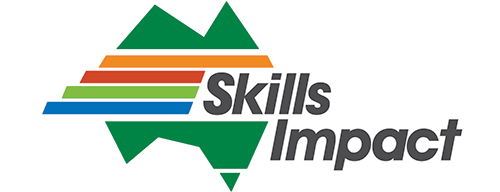Thank you to everyone who contributed to the projects listed below. The qualifications, skill sets and units have been endorsed by the Australian Industry and Skills Committee (AISC) and have been forwarded to State and Territory Ministers.
Once approved by the Ministers, the updated qualifications, skill sets and units of competency will be available on the national register, training.gov.au.
Animal Reproduction Project
Livestock farmers are building on the skills they’ve used to manage animal reproduction for generations, with the help of technologies such as sensors, trackers and ultrasound equipment.
These technologies provide farmers with improved methods of monitoring animals and managing breeding programs. However, they require updated technical and digital skills to operate.
As a result of the contributions of industry to this project, updated qualifications, a skill set and units of competency will soon be available, defining the current equipment, terminology and practices used for managing livestock reproduction.
For more information, visit the project page.
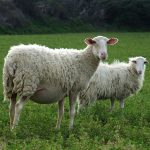
Crops, Pasture and Seed Project
In response to increasing global demand for food and fibre and a changing climate, the broadacre cropping and seed production sectors are turning to the latest in science and technology to produce drought resistant, higher yielding, and more nutritious crops.
Thanks to everyone who contributed to this project, units across the seeds, crops and pastures sectors were updated and developed so that they accurately capture current industry practices and technologies.
For more information, visit the project page.

Dairy & Milk Harvesting Project
Australia’s milk and dairy harvesting industry is broadening it’s skills and methods, adopting new robotic technology and automatic milking systems.
Consultation has taken place throughout this project to revise the current qualification and skills standards for dairy and milk harvesting, so that they reflect the vast array of technologies and skills used, including new and traditional methods.
For more information, visit the project page.
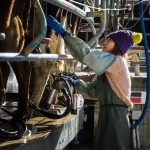
Landscaping Project
Landscapers are able to add value to public and private green spaces, supporting home owners to get the most out of their garden space and improving the liveability of our communities. This requires a broad range of skills across horticulture and plant care, as well as the ability to work with a range of materials and alongside other professionals with complimentary expertise.
Thanks to input from industry, qualifications and units for landscaping have been revised to more accurately describe job functions and the range of tasks that landscapers are required to perform, as well as to incorporate the latest technologies, equipment, regulations and consumer trends. They have also been updated to promote career pathways.
To have your say, visit the project page.

Parks & Gardens Project
As industry develops more sustainable and efficient methods, the skills required to care for and maintain public parks and gardens are changing.
These spaces provide the public with access to safe and pleasant green spaces for recreation and leisure activities, supporting mental health and wellbeing. Many parks and gardens are also home to native and unique plant species, animals and historic structures, which hold cultural and social importance.
Thanks to the efforts of everyone involved in this project, industry will soon have access to updated skills standards for caring for parks and gardens.
For more information, visit the project page.
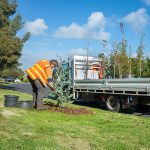
Skills for Land Rehabilitation (Mined Land) Project
While the skills to conserve and manage Australia’s unique ecosystems are applicable across a range of geographically diverse natural locations, additional expertise is required to rehabilitate land after it has been used for mining.
Thanks to contributions from experts in the sector, the hands on skills required to restore mined land have been captured in four skill sets and a ‘rehabilitation of mined land’ specialisation in the Certificate III in Conservation and Ecosystem Management.
For more information, visit the project page.
